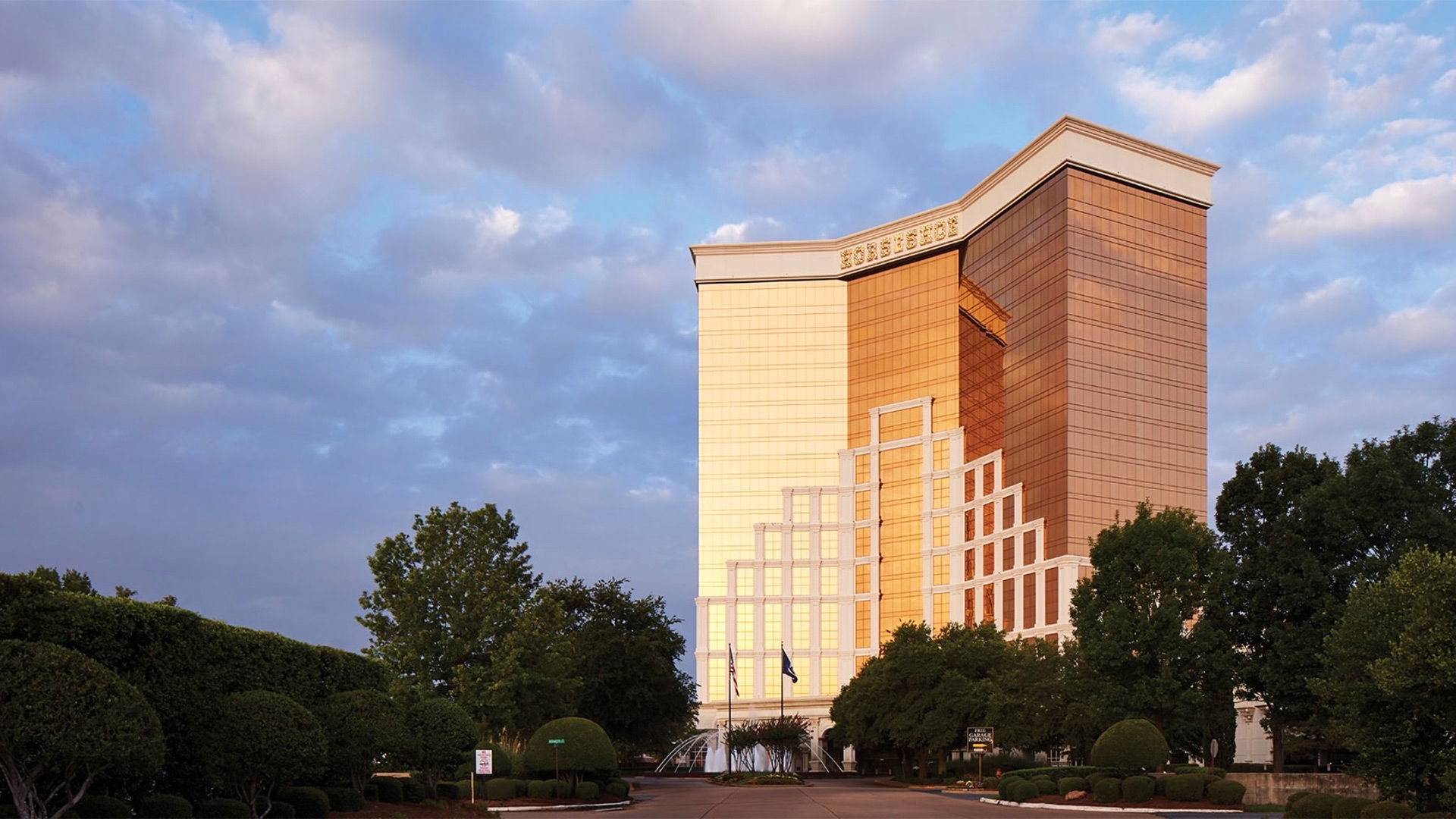NCAA ramps up responsible gambling push as betting scandals cloud college sports

The National Collegiate Athletic Association (NCAA) has intensified its responsible gambling efforts amid growing concerns over sports betting's influence on college athletics, launching a high-profile campaign during the 2025 men’s basketball tournament and confronting ongoing federal investigations into betting-related corruption.
The NCAA’s “Draw the Line” campaign featured educational ads and signage courtside at the Final Four, urging fans to gamble responsibly and stay within their financial limits. The NCAA men’s basketball tournament ended on April 7 with an exhilarating comeback by the University of Florida against Houston in the national title game.
The initiative comes as a sweeping federal probe continues into an illicit betting ring allegedly tied to college and professional basketball. The investigation, which has yet to yield major breakthroughs, reportedly involves at least six Division I programs and includes suspicious activity around a number of games.
Concurrently, as prop betting grows in popularity, so do its consequences for players. Several athletes, including Duke’s star freshman Cooper Flagg and Alabama’s Grant Nelson, said they have received angry or abusive messages from bettors upset over missed statistical milestones. “We just kind of see it and laugh at it,” Flagg told iGB.
NCAA President Charlie Baker denounced such harassment as “absolutely unacceptable” and urged state regulators to ban prop bets on college athletes, citing risks to student mental health and the integrity of the game.
“These actions severely threaten student-athlete mental health and well-being, while harming the college athletics environment,” Baker said.
Illicit betting ring investigations
In a related case, professional poker player Shane Hennen was arrested in January for allegedly helping to organize fraudulent sports wagers and illicit financial transactions totaling millions of dollars. A judge recently granted a continuance in his case through May 25 for possible plea talks.
The ring is under investigation for a point-shaving scandal that American media has described as potentially one of the “most pervasive” in North American sports history, and might be connected to the college hoops scandals.
Hennen’s case is also linked to former Toronto Raptors player Jontay Porter, who admitted to underperforming to influence betting outcomes. Porter was banned from the NBA for life.
College betting restrictions
Ahead of the NCAA East Regional in Newark, New Jersey regulators ordered platforms Kalshi and Robinhood to halt betting markets on college games. The platforms complied just before a March 28 deadline.
Separately, North Carolina lawmakers filed a bill this week to ban prop bets on college athletes, joining 18 states and Washington, D.C., in taking similar action.
Arizona coach Tommy Lloyd and Illinois coach Brad Underwood warned of the pressure athletes face amid growing betting attention. Lloyd lamented how player mistakes can trigger abusive reactions: “There are some sick people out there who are taking advantage of those kids. I don’t want them getting crushed for a free throw that caused the point spread to go one way or the other.”
BYU coach Kevin Young, a former NBA assistant, contrasted the NBA’s strict gambling disclosure rules with the looser oversight in college basketball. “Honestly, I’m a little surprised that college isn’t more that way,” he said.
According to the American Gaming Association, bettors were projected to wager $3.1 billion on the 2025 men’s and women’s NCAA basketball tournaments combined.


















































